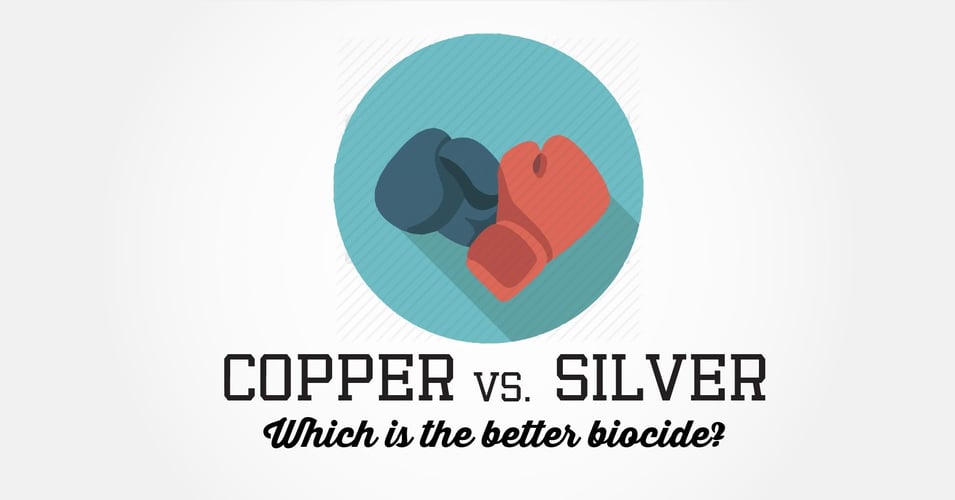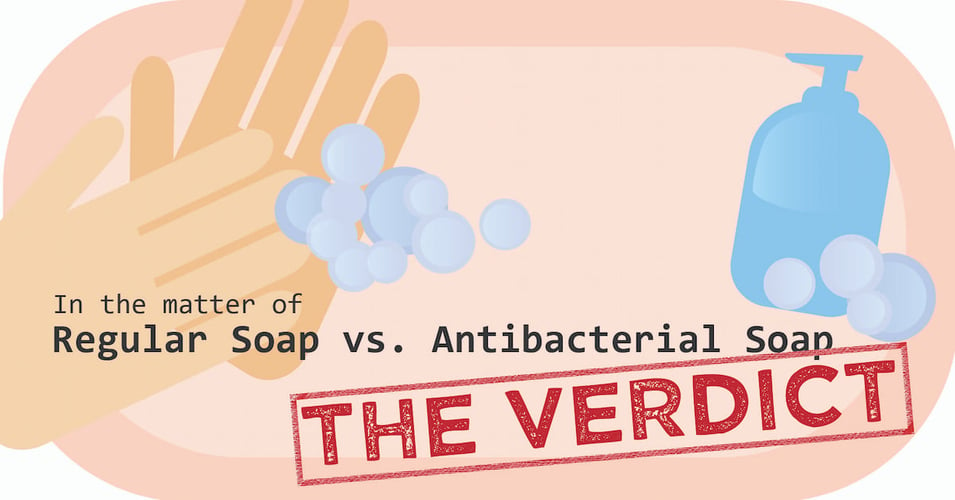2 min read.
A Fungus Among Us: Candida During COVID-19
We were making progress against an emergent pathogen long before the newest novel pathogen brought everything to a standstill. Starting a decade ago,...
![EOScu Logo - Dark - Outlined [07182023]-01](https://blog.eoscu.com/hubfs/Eoscu_June2024/Images/EOScu%20Logo%20-%20Dark%20-%20Outlined%20%5B07182023%5D-01.svg)










